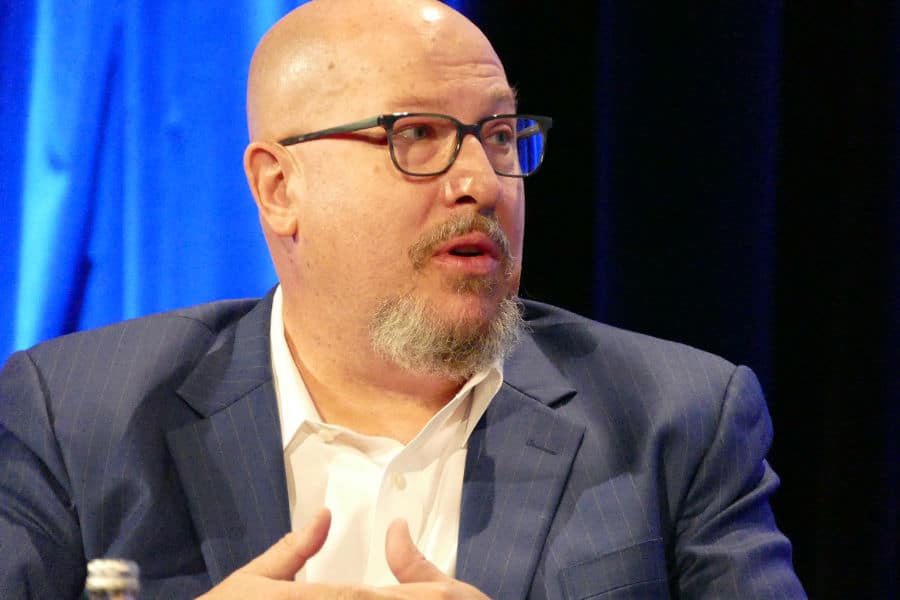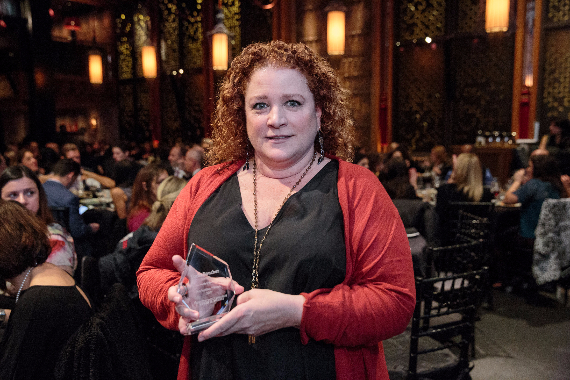FLASH FRIDAY is a weekly content series looking at the past, present and future of capital markets trading and technology. FLASH FRIDAY is sponsored by Instinet, a Nomura company.
Environmental, Social and Governance (ESG) as a practical consideration for the trading desk is like a freight train just starting to move: it hasn’t gone far yet, but the wheels are turning, and at some point the locomotive will be hard to stop.
That was the general consensus of the ‘ESG Considerations in Trading and Best Execution’ panel at the Trading Evolved conference, held June 14 in New York.

“In the execution ecosystem, the impact has been muted, but it is accelerating,” said Frank Loughlin, Global Co-Head of Equity Trading at AllianceBernstein, which had $779 billion under management as of December 2021. “We’ve seen, in the past year, much greater interest from our asset owner clients in terms of asking questions about how ESG fits in trading.”
In institutional capital markets, ESG is known mostly as a way portfolio managers screen the companies they invest in for how they contribute to (or detract from) societal good. ESG is now moving, slowly, away from just stock selection and toward the business of securities trading.

“For us, it’s operational,” said Lorna Boucher, Global Head of Social Responsibility for agency broker Instinet, which since 2019 has been making its energy usage more sustainable and reducing its carbon footprint. “We also look at what kind of firm we are and how we present ourselves as a partner” with regard to the social component of ESG, she said.
Daniel Labovitz, Managing Member of Global Markets Advisory Group, noted that exchanges have thus far taken the ESG lead in the market ecosystem, at least somewhat, in trying to influence their listed companies. But broadly speaking, “there is a lack of leadership that the industry needs to confront,” he said.

AllianceBernstein joined industry group Sustainable Trading as a way to influence the conversation, Loughin said, and a collective effort is needed for ESG to take hold. “Without everybody at the table this is not getting done,” he said.
Panelists agreed that the trading industry should get in front of ESG and develop its own framework, rather than stand by and wait for regulators to impose an enforcement solution.
Will ESG on the trading desk evolve to the point where a buy-side firm shuts off a broker, or a broker cuts ties with an exchange or tech provider, on concerns about carbon footprint or employee diversity? It’s possible, but panelists said it’s too early in the conversation to foresee this happening. Plus, a better approach is one of engagement, rather than exclusion.
“It would be a more iterative process, a longer-term conversation about what needs to change,” Loughlin said. “Do we want to make things better, or just create a list of good and bad?”
While ESG on the trading desk is more of a ‘tomorrow’ than a ‘today’ story, there are tangible benefits to be reaped in the present by early-moving firms.
“ESG is a hard trend” that’s not going away, Boucher said. “It is helpful today. Our employees are genuinely motivated by what we’re doing.”
“‘Gen Z’ really cares about this,” Boucher added, referring to the demographic born between 1997 and 2012. “We need to start thinking about creating a work environment that supports their values.”







